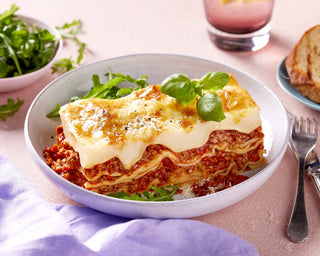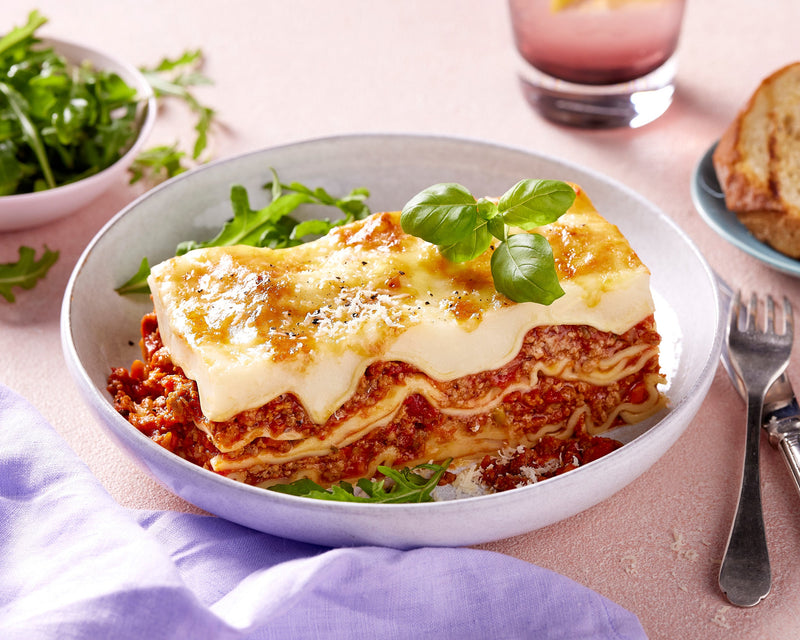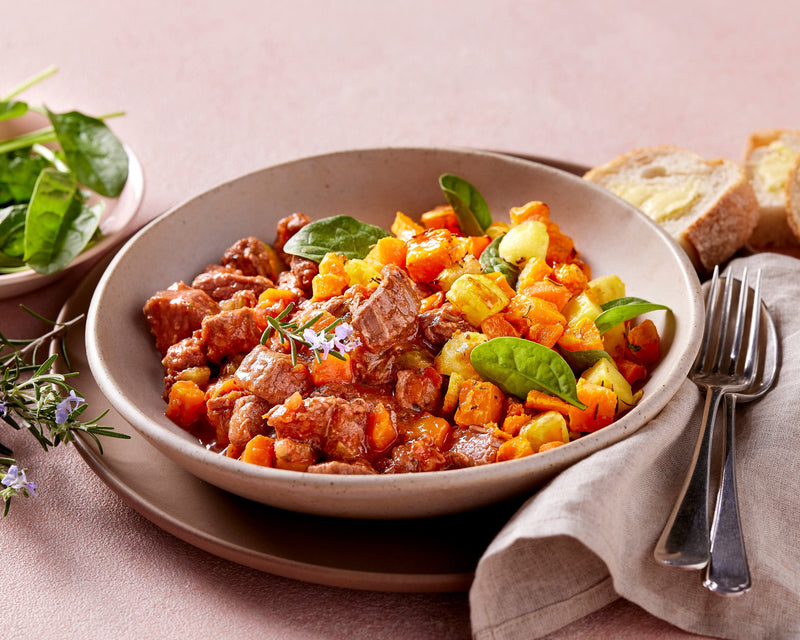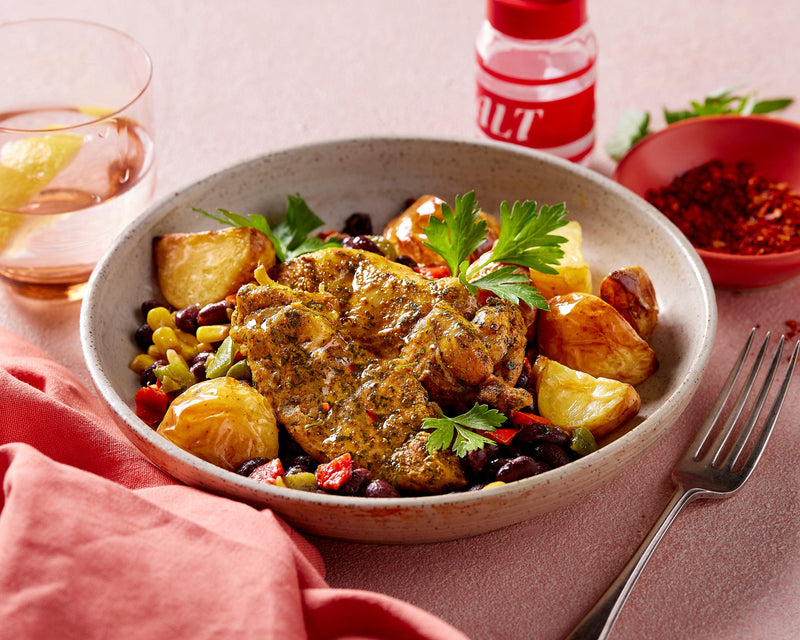
Matcha seems to be everywhere, and even though we’re already fans, we wanted to do some digging & take a look at exactly what makes this green powder just so good for you.
What the heck is Matcha?
It’s more than just a new addition to the endless list of latte options at your local café.
The simple answer: Matcha is whole green tea leaves that have been ground into a fine powder.
The not so simple answer: green tea leaves grown under shade in the last two weeks, then picked and immediately steamed lightly to lock in their vibrant colour and nutritional value. They are then refrigerated until they’re ready to be ground into matcha.
Where did it come from?
In the last couple of years, matcha seems to be popping up everywhere & in every form possible - pancakes, waffles, bliss balls, you name it - but this power powder has been around longer than you might think. With origins dating back to 10th century China, it was adopted by Buddhist Monks in Japan where it was refined and took the form that we know today.
In Australia, we’ve seen it burst on to the scene with some great brands offering pure organic matcha, something that was difficult to find prior to this. Now it’s available in a lot of cafes not only as matcha lattes but as everything from matcha pancakes to pannacotta and smoothie bowls thanks to some creative geniuses out there.
So what’s all the fuss about?
We’re sure it’s partly because it’s green and drinking green things makes you feel like a kid again, but it’s mainly because of the insane health benefits! To put it simply… matcha packs a nutritional punch. Here’s why:
- It contains 137 times the antioxidants of normal green tea. This is thanks in large part to the fact that you’re consuming the whole tea leaf, rather than just brewing and tossing them out like you normally would.
- It’s packed full of amino acids which are great for energy.
- It contains about half the caffeine content of a cup of coffee, but thanks to a cheeky amino acid called L-theanine, it has a slower release over time. That means no coffee jitters and no coffee crash.
- It’s been shown to give your metabolism a boost thanks to a particular antioxidant called Epigallocatechin gallate (EGCG) which helps the body break down large molecules to be used as energy.
- It’s shown to help detoxify the body thanks to the chlorophyll levels that result from being grown in the shade.
- As a source of dietary fibre, it helps stabilise cholesterol & glucose levels and keep your digestive system fighting fit.
- Contains a range of vitamins & minerals to enhance overall wellbeing.
We could go on, but I think you get the idea. It’s a tea that loves your body back.
Our favourite ways to use it
-
The Classic Matcha Latte
We’re loving it made with almond milk, and it makes the perfect substitute for a coffee. -
The Matcha Iced Latte
Matcha is brilliant cold - It’s delicious, refreshing & gives you a health and caffeine boost to keep you going. -
The Matcha Smoothie
Our go-to is Spinach & Matcha, just add some pineapple & banana as well & you’ve got a supercharged summer brekky. Check out the pure matcha from our friends at Matcha Maiden.
So there you have it, now you’re an expert! Well… maybe not quite, but at least you know what you’re drinking when your order it. And hey, it could be a good way to balance out that massive brunch you’re going to eat on the weekend. At least that’s what we’re telling ourselves.









